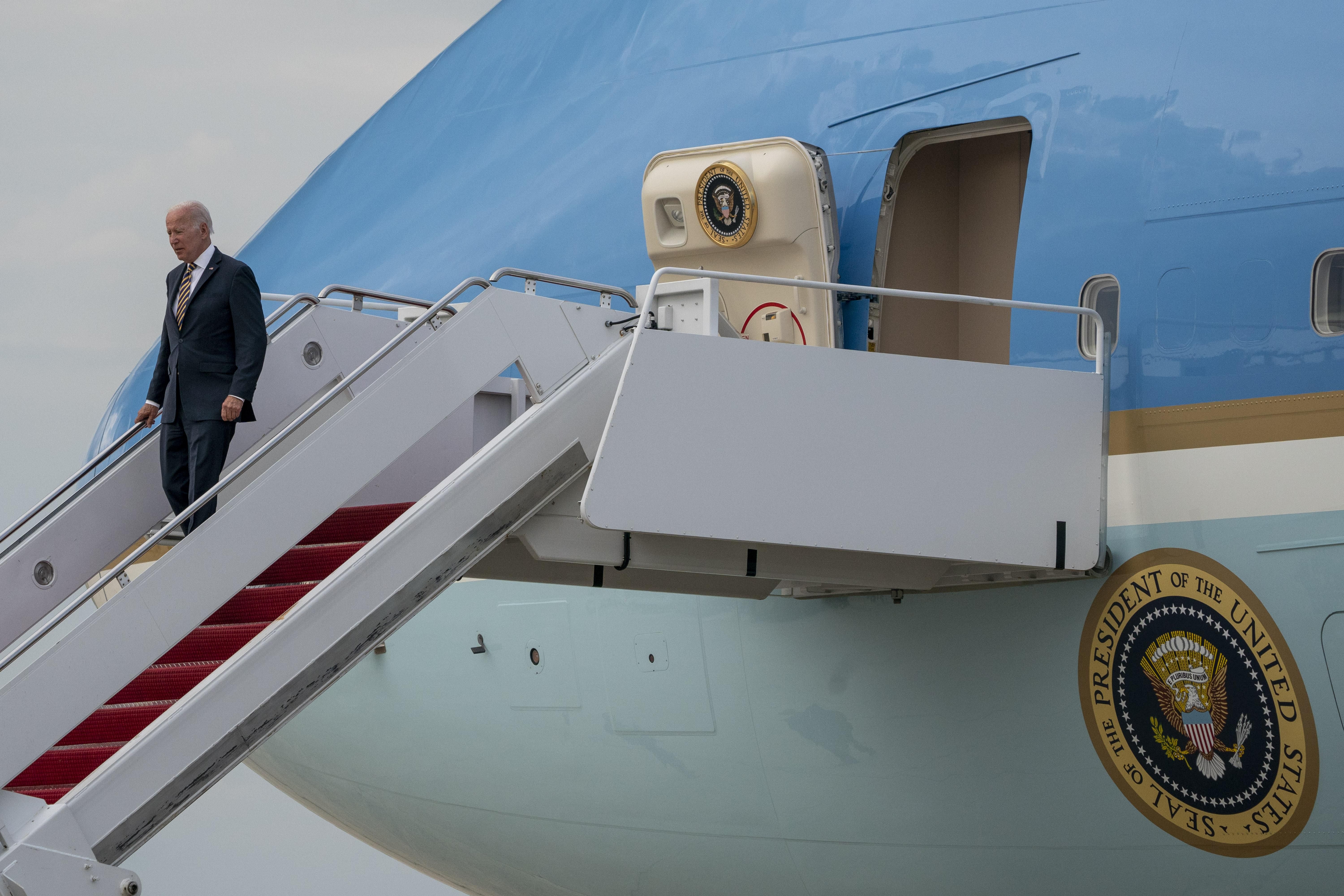What We’re Watching: Dems take aim at Biden, them’s the breaks, BoJo; Japan takes to the polls
Are Dems done with Biden?
The US president’s party usually takes a thrashing in midterm elections, whether Republican or Democrat. But as November’s midterms approach, Democrats look set to take a greater-than-usual hit. (Republicans, for their part, only need to gain five seats to gain control of the House of Representatives and one seat to flip the Senate.) Crucially, it’s not only disaffected independents and middle-of-the-road suburban voters feeling the burn of inflation and losing patience with President Biden. Congressional Dems and party officials are increasingly expressing dissatisfaction with the commander-in-chief’s lackluster governing style and legislative losses – as well as his failure to use the power of the presidency to better appeal to voters. Indeed, many Dems are saying (mostly off-the-record) that they think fresh blood is needed to guide the party to the 2024 election. But who? VP Kamala Harris is wildly unpopular and has had a series of mishaps over the past 18 months. If Donald Trump decides to run again, or if another contender uses his playbook in 2024, are any Democrats capable of winning? The left appears to be backed into a corner, and many analysts anticipate a bloodbath come November.
No love lost for Boris Johnson
When all was done and dusted, it was a pretty undignified departure for British PM Boris Johnson, who waited until dozens of Tory MPs resigned before he agreed to step down as party leader, though he says he’ll stay on as caretaker PM until a new leader is tapped. Several Tories will now fight it out for the top job, a process that could take months. First, PM wannabees will need eight colleagues to “nominate” them before Tory MPs cast a series of votes, narrowing the field to two candidates. Conservative Party members then vote – and voila, Britain gets a new PM by the fall. Crucially, there would be no reason to hold an election before May 2024 unless the new PM wants to consolidate their mandate as Johnson did in 2019. Meanwhile, an ugly Tory leadership race could boost the Labor Party’s political fortunes. Whoever takes the helm has their work cut out for them: the British economy is teetering and has the highest inflation rate of any G7 nation. Internationally, the new PM may try to revive relations with European partners, particularly France’s Emmanuel Macron, which deteriorated amid painstaking Brexit negotiations. And as for Johnson’s political future? Well, it’s unclear whether he can even keep his own parliamentary seat in the next vote.
